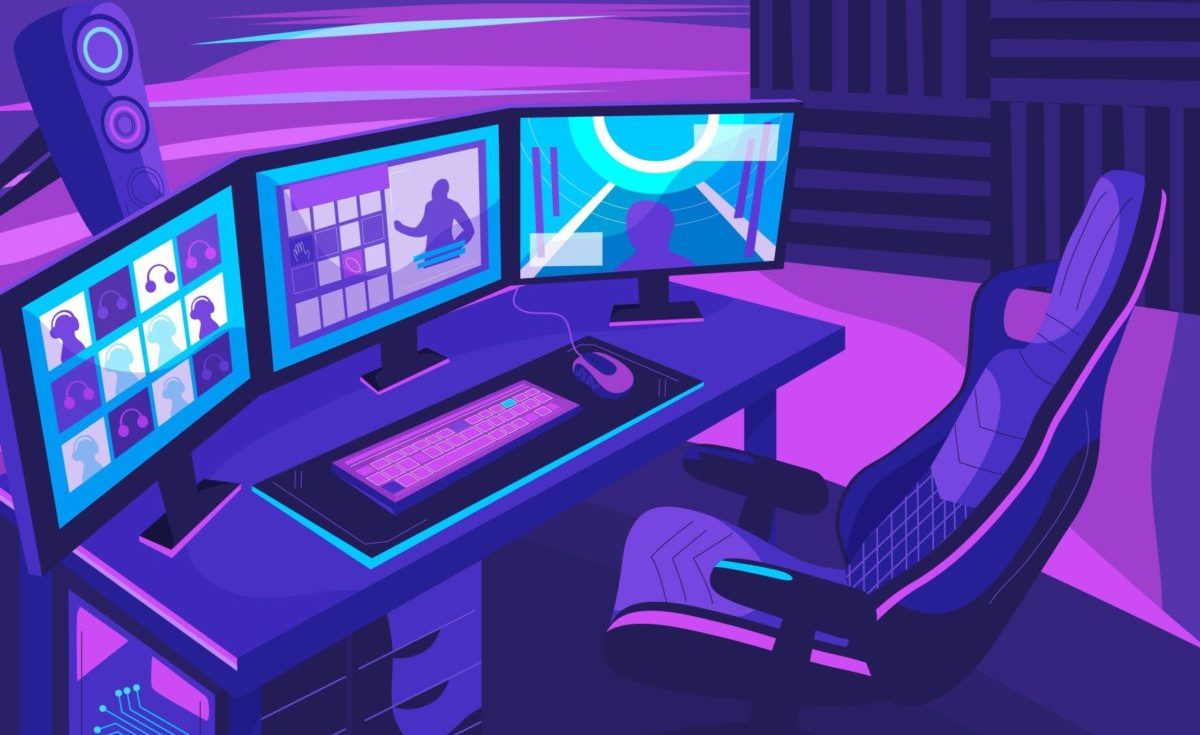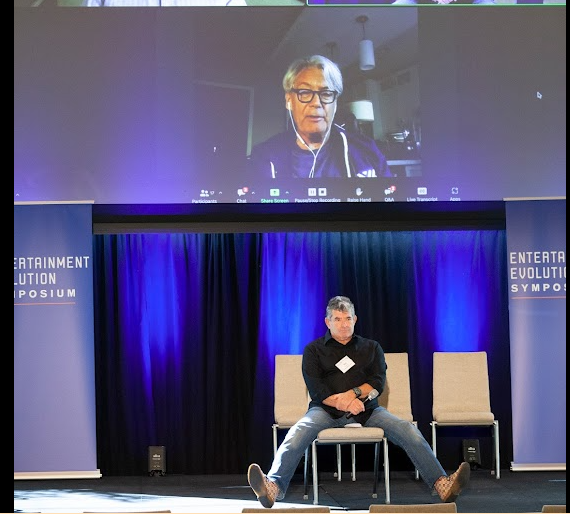
Industry Experts at EES: Collegiate eSports Continues to Grow and Evolve
The intersection of education and gaming has grown increasingly fertile but “gamification” has truly evolved with eSports, where competition is flourishing, according to industry experts.
Gamers can now get college scholarships, as well as name, image and likeness (NIL) agreements and undergraduate degrees.
Much like the traditional path of scholarship for professional athletics, eSports has become a potentially multi-billion dollar economy for universities. Although every student athlete won’t make it to the “big leagues,” it has become a viable path to complete for a degree.
“My interest in gaming has been lifelong,” Jason Chung, head of eSports at law firm Zuber Lawler, said Sept. 21 at the Entertainment Evolution Symposium (EES).
“Being from Montreal, half of my friends ended up in the video game industry in one form or another,” he told attendees during the Sports/eSports breakout session “Esports and the Evolving Collegiate Experience.”
Several years ago, a New York University (NYU) associate dean “came to me and said, ‘Hey, look, we really want to start looking at this eSports thing from a business perspective. Do you have the background to do it?’” Chung recalled.
“On the collegiate front, it was interesting because I was already working at NYU at a think tank after I had practiced some law in Hong Kong, doing banking and finance,” he recalled.
Chung had the background in eSports to create an eSports class at NYU, he said, noting: “That was only 2017 but it’s not that long ago. But I’ve got to tell you, it feels like a lifetime ago…. You talk about these things and everybody assumes it’s been decades but it’s not. We’re really talking” just a few years.
 “From that conversation and from the first course that I did at NYU, I got recruited to the University of New Haven to build out the bachelor programs, master programs” in eSports, he said.
“From that conversation and from the first course that I did at NYU, I got recruited to the University of New Haven to build out the bachelor programs, master programs” in eSports, he said.
“And now I’m back at NYU and what I’ve seen in that time has been exponential growth obviously” when it comes to interest among students, he told attendees.
Initially, it was just a few students “really looking at it from a curiosity point of view and now I think a lot of students are looking at it from like, ‘I’m interested in the business side’” of eSports, he said.
“In fact, I would say in a lot of my courses, they’re not dedicated gamers or eSports professionals by any stretch” who are taking these classes, he pointed out.
“But they are in the sports industry and they’re interested in the business aspect of it. So they feel that they need to” learn about eSports, he said, adding: “That is a remarkable change from even just a few years ago…. Going from a speculative class to now running entire programs and academic programs, attracting dozens and dozens of students, to having a varsity team at the University of New Haven, which I think is now over a hundred people…. And now back at NYU, we’re actually looking at setting up a team.”
He told attendees: “These are the discussions that we’re having. And when you have big legacy universities like NYU looking at it, you know it’s not a flash in the pan. This is a way to get students interested and invested.”
Another panelist, video game industry veteran Wim Stocks, SVP of partnerships and commercial at Belong Gaming and its parent company, Vindex, took a walk down Memory Lane, to the history of the Collegiate Star League.
“We acquired CSL in early 2015” from Duran Parsi, who had a “small idea that obviously has grown into something rather sizeable now, of putting colleges together in competitions and doing it around the name Collegiate Star League,” whose name was inspired by the classic game StarCraft, Stocks recalled.
They started two StarCraft competitions on the West Coast, he pointed out, noting it was just a small number of schools at the start.
“We saw this going on…. We knew amateur sports, collegiate sports, anything developmental would help the space and would feed the space,” he said. So, in late 2014, we started the conversations but, in “early 2015, consummated a deal for Duran to join us [and] to bring Collegiate Star League under our then operating entity, which was World Gaming,” he said, noting World Gaming, prior to that ,was Virgin Gaming “really early in the early days of eSports.”
“Almost immediately, we saw the jewel that Duran had started,” he recalled, adding: “We put our foot on the gas and … by the time we ended up selling Collegiate Star League, and we did that in 2020, we had 10 different leagues running.”
He explained that the “modeling of eSports leagues and organizations after the traditional sports leagues helped so much with understanding and people really starting to understand what eSports is all about.”
His company ended up selling CSL to Access Holding, a private equity company in Baltimore, and “they smartly took CSL and bolted it onto a traditional collegiate multimedia rights company,” he said. “They created a new multimedia rights company around traditional sports … and it’s known today as Playfly.”
The panel was moderated by Gary Kleinman, co-founder of Skinz.gg and founder of WHAM Network.
The Entertainment Evolution Symposium (EES) was presented by the Pepperdine Graziadio Business School Institute for Entertainment, Media and Sports (IEMS) and the Hollywood IT Society (HITS) and was sponsored by Iron Mountain, Signiant, Whip Media, Atos, Fortinet, FPT Software, invenioLSI, Perforce, Vision Media, and EIDR.
